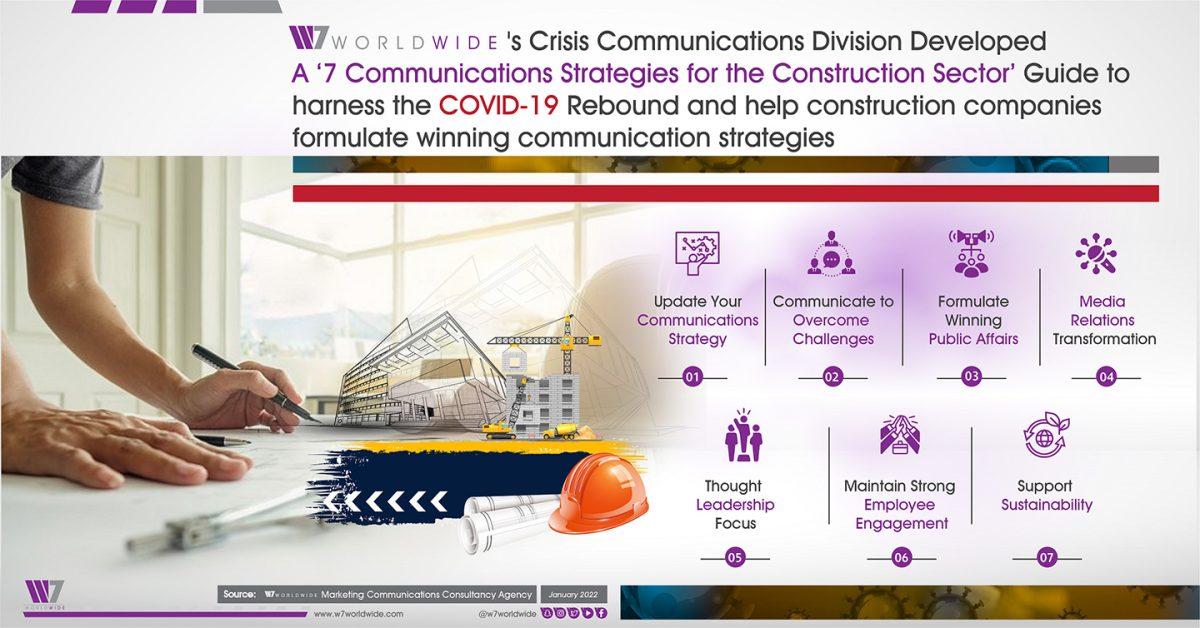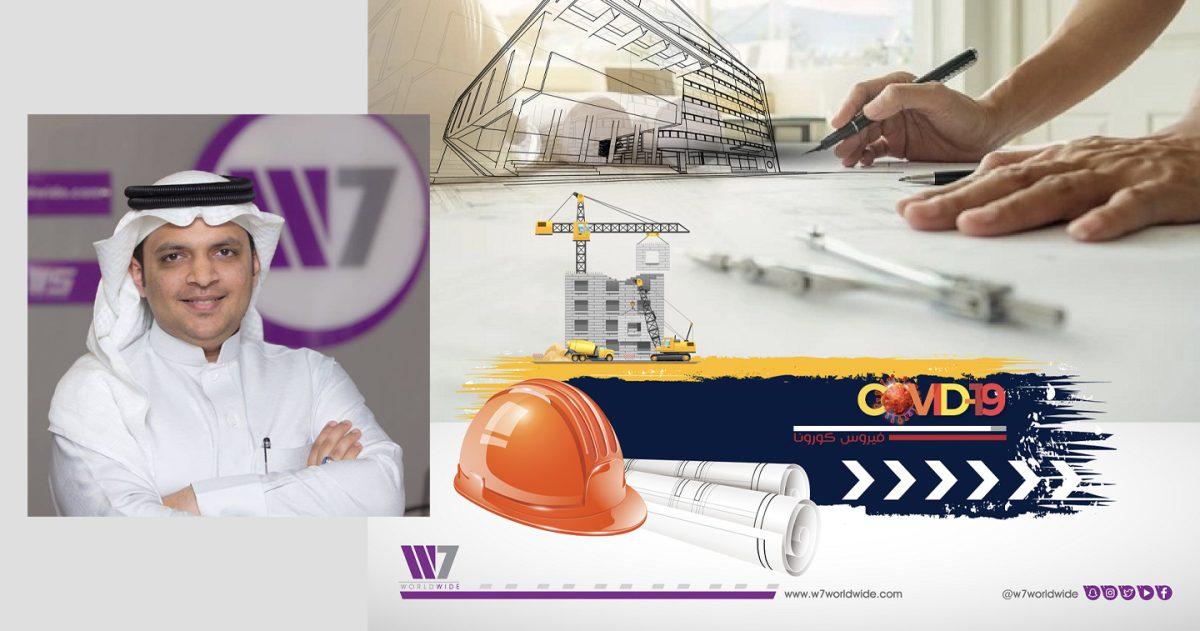JEDDAH, SAUDI ARABIA — The construction industry is one of the most sensitive to economic cycles and the COVID-19 pandemic has had a significant impact on the sector. At the same time, construction holds the potential to stimulate recovery by creating jobs and rebuilding measures that support the sector’s transformation towards sustainability and digitalization. Governments, businesses, industry organizations, and other sector stakeholders are therefore responding to the COVID-19 pandemic with an array of measures intended to support the construction sector.
In the Middle East, the construction sector was affected due to the suspension of economic activities to contain the spread of the coronavirus outbreak. However, the industry is expected to rebound significantly in 2021 with an array of significant upcoming construction and infrastructure projects across the Middle East. The Saudi Arabian construction market was valued at around USD 37 billion in 2020 and is expected to register a CAGR of 5.2% over the forecast period, 2021-2026. KSA is now considered the top-performing market as Middle East construction output recovers.

“Construction companies are facing a new world. The marketplace is changing with both public- and private-sector project owners placing a new emphasis on sustainability and resilience,” explains Abdulrahman Inayat, Co-Founder and Director of W7Worldwide. “An organization’s client base, stakeholders, competitors, and relevant communication strategies may therefore be affected dramatically. The construction sector plays a key role in rebuilding efforts after crises, and this is the time to reach out with proactive communications to take on an industry leadership position.”
W7Worldwide produced its timely guide with ‘7 Communication Strategies for the Construction Sector to Harness the COVID-19 Rebound’. The report advises to firstly research the current market identifying trends and the sectors with the greatest resurgence to then revise the communications strategy accordingly. It is vital to connect and communicate with the right stakeholders and target audiences in the new post-Covid landscape to stay ahead of the competition.

The pandemic and its disruption of global supply chains have increasingly affected construction activities, with shortages of raw materials, contractors, and workers. This requires collaboration and effective communication across the supply chain. Individual countries will seek to strengthen their construction and infrastructure capabilities. International companies may wish to partner with leading local players, providing new economic opportunities that need to be supported by the government. Companies, therefore, need to include public affairs efforts as part their communications strategy.
In a still uncertain world, industry journalists are looking for stories to show how the construction industry is emerging from the crisis. Many are looking for CEOs who will share their insight and expertise during this time of transition and change for everyone. Companies across the construction sector are elevating sustainability as a core principle of their practices in the global drive to address climate change and achieve carbon emission reduction targets set out by their governments. Sustainability strategies, therefore, require companies to set and communicate realistic targets.
The construction sector has a major role to play in creating a resilient and sustainable recovery from COVID-19 and now is the time to reset. W7Worldwide is a Saudi-based independent communications agency with extensive expertise in working with high-profile national, regional, and international construction companies to implement resilient and future-proof corporate communications strategies.
For more information visit http://www.w7worldwide.com/








